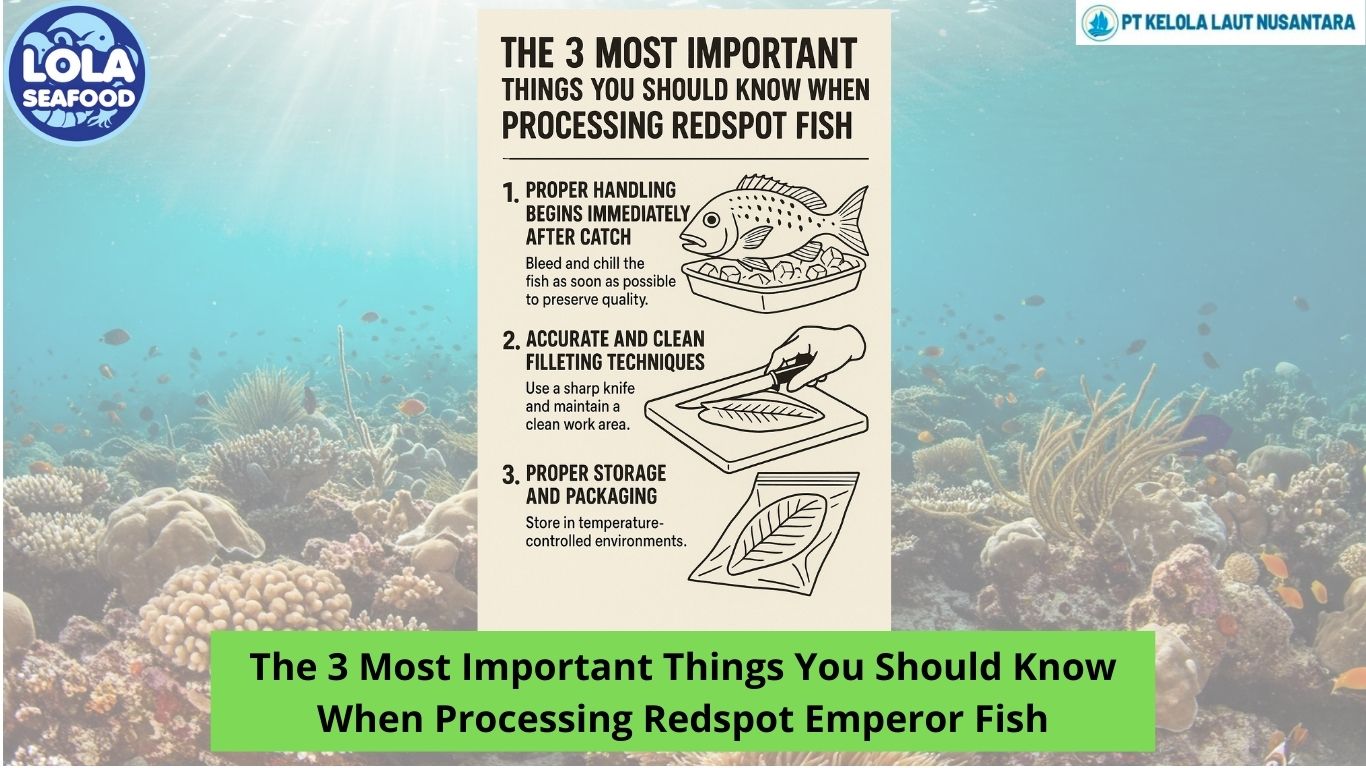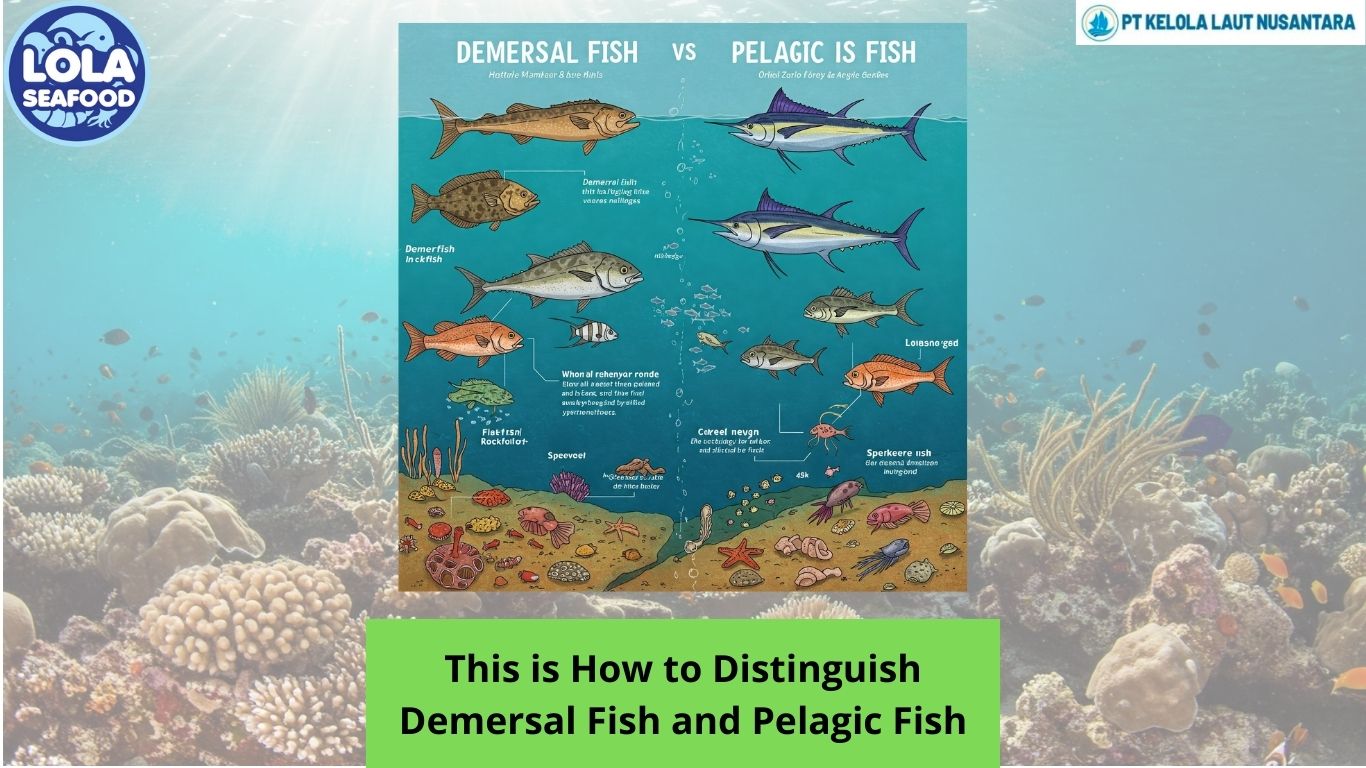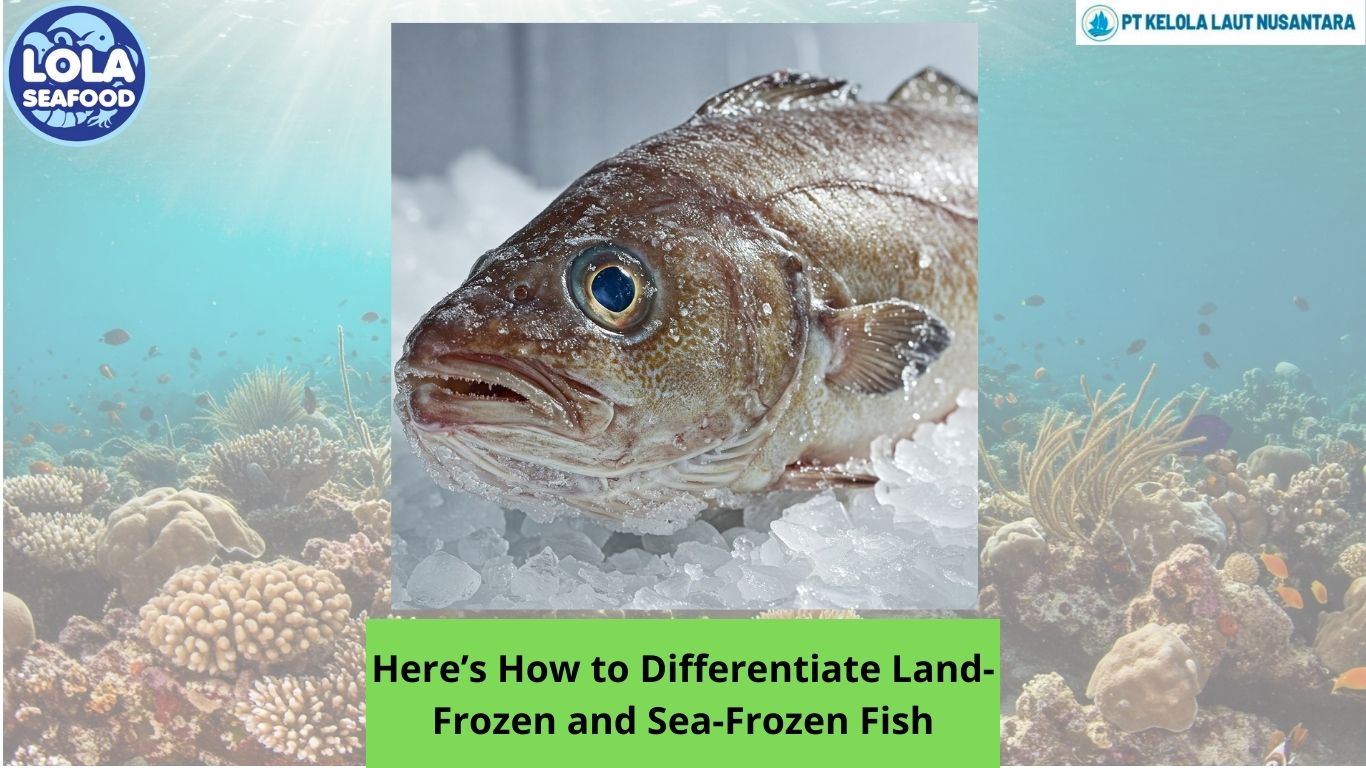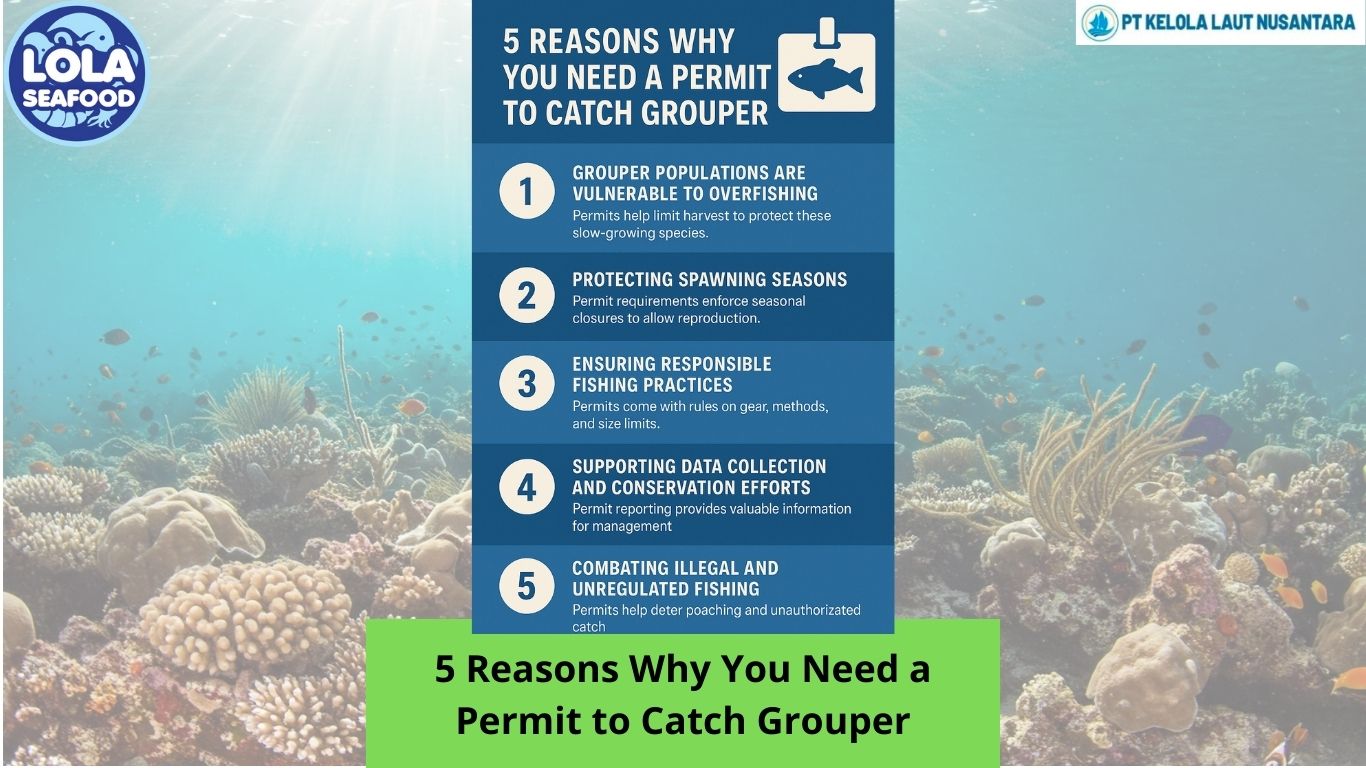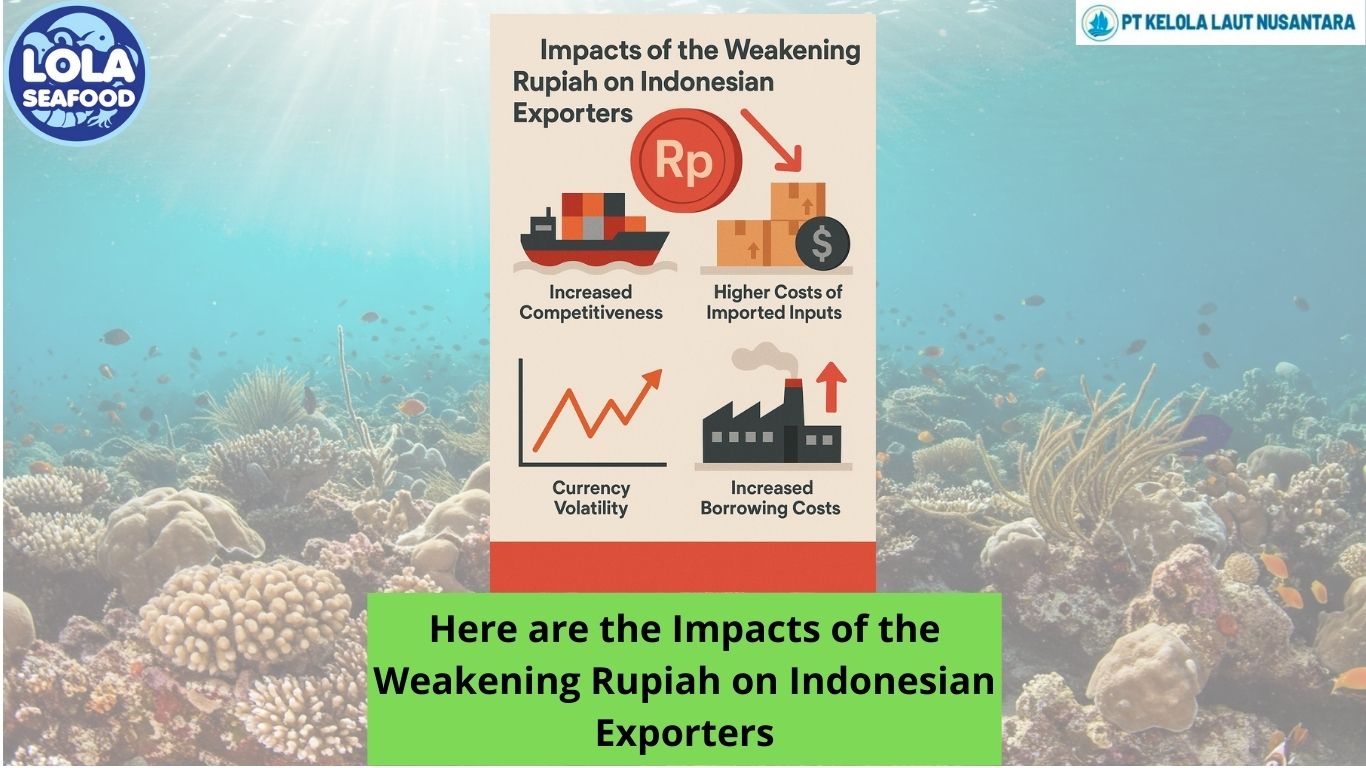Net Cage Farming System in Aquaculture
By. Nevanda - 13 Jun 2023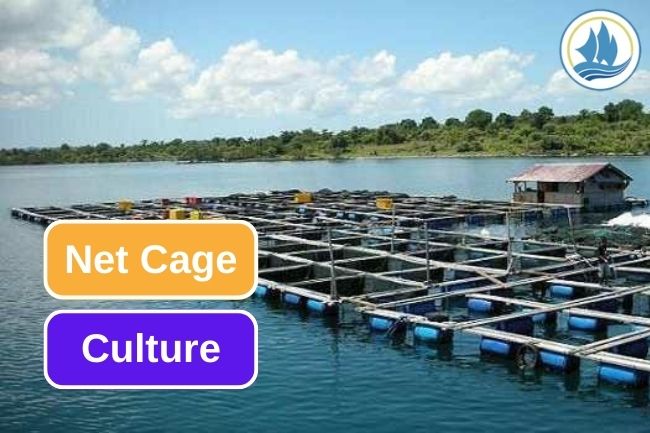
kelolalaut.com - Net cage farming systems, also known as floating net cages or sea cages, are a type of aquaculture facility used for rearing fish and other marine organisms in open water. These systems consist of large, floating cages made of netting material that are anchored or moored in place.
Here are some key features and characteristics of net cage farming systems:
1. Structure
Net cage farming systems typically consist of a floating frame or structure made of pipes, floats, or other buoyant materials. The frame is usually rectangular or circular in shape and is designed to provide stability and support to the netting.
Read also: These Are 7 Demersal Fish Unique Traits
2. Netting
The cages are constructed using netting material, usually made of high-density polyethylene (HDPE) or other suitable materials. The netting is strong enough to contain the fish inside the cage while allowing water to flow freely, ensuring proper oxygenation and waste removal.
3. Placement
Net cage farms are typically located in sheltered coastal areas, bays, or fjords, where water currents and quality are favorable for fish farming. The cages are anchored or secured to the seabed or using mooring systems to keep them in position.
4. Fish Rearing
The net cages are used for the intensive rearing of fish species such as salmon, trout, tilapia, and sea bass, among others. The fish are stocked inside the cages at an appropriate density, allowing them to grow and be protected from predators.
Read also: 5 Health Benefits You Can Get From Crimson Snapper
5. Feeding and Monitoring
Fish in net cage farming systems are fed a balanced diet using formulated fish feed. Feed is typically provided through automated feeding systems that distribute pellets or granules at regular intervals. Water quality parameters such as temperature, dissolved oxygen, and pH are closely monitored to ensure optimal conditions for the fish.
6. Environmental Considerations
Net cage farming systems have some environmental considerations. Excess feed and fish waste can accumulate beneath the cages, potentially impacting water quality and benthic ecosystems. Disease and parasite management are also important to prevent the spread of pathogens and reduce the need for antibiotics or other treatments.
7. Harvesting
When the fish reach the desired size for market, they are harvested from the net cages using nets or other methods. Harvesting can be done by removing the fish from the cages or by lowering the water level in the cage, allowing the fish to be easily collected.
Read also: 5 Weakness Of Fish Smoking Method
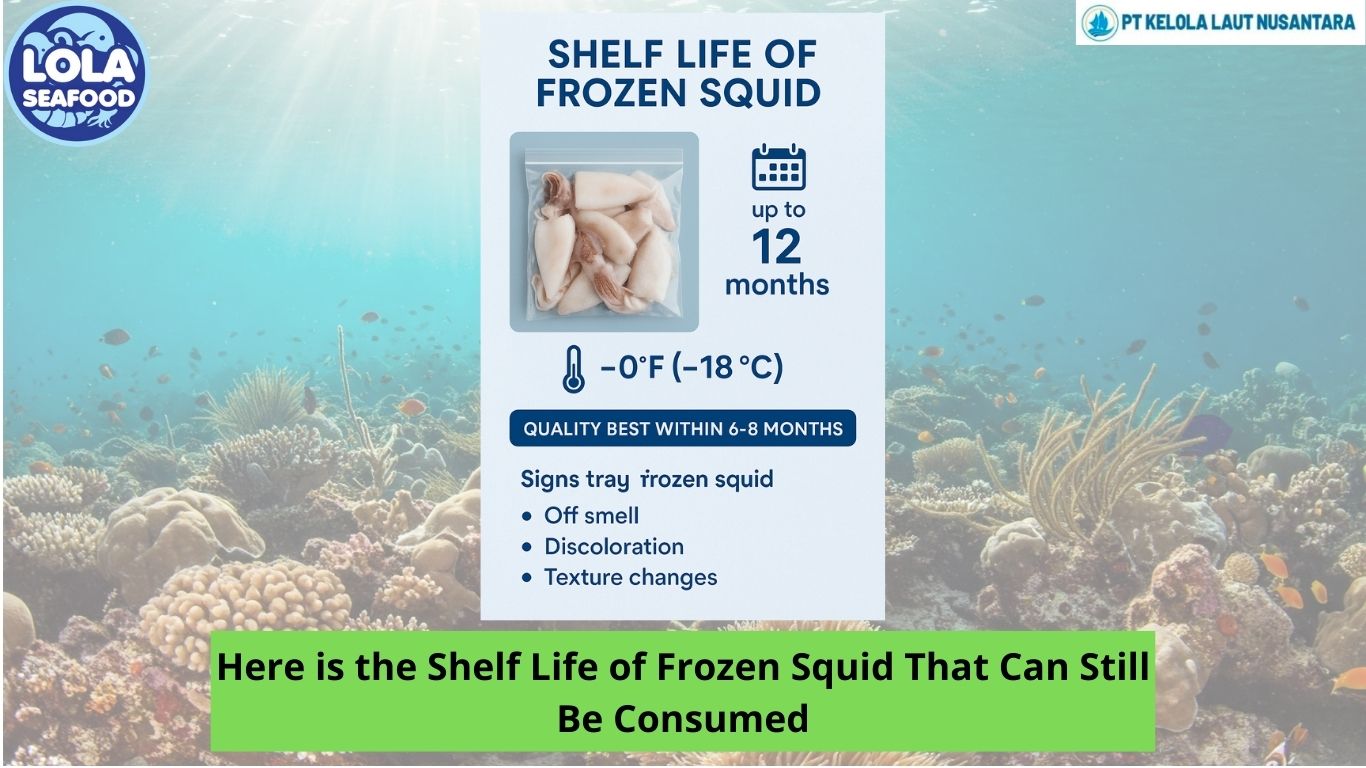
.jpg)
.jpg)
.jpg)
